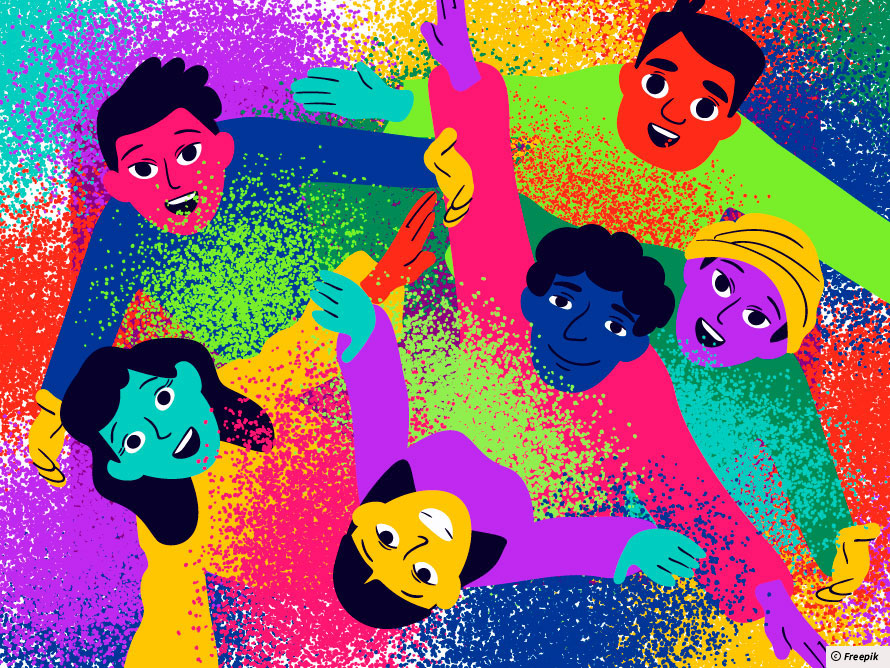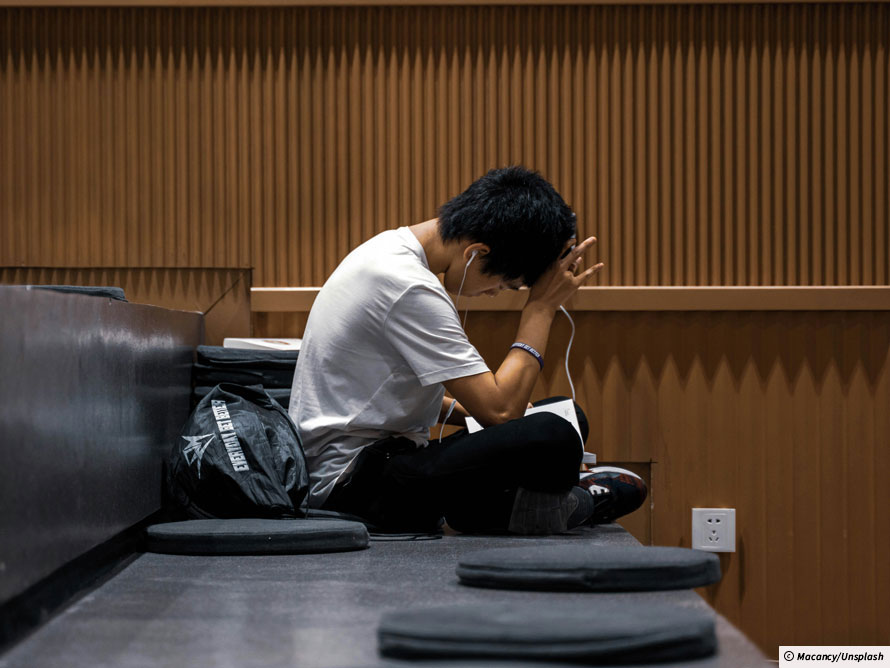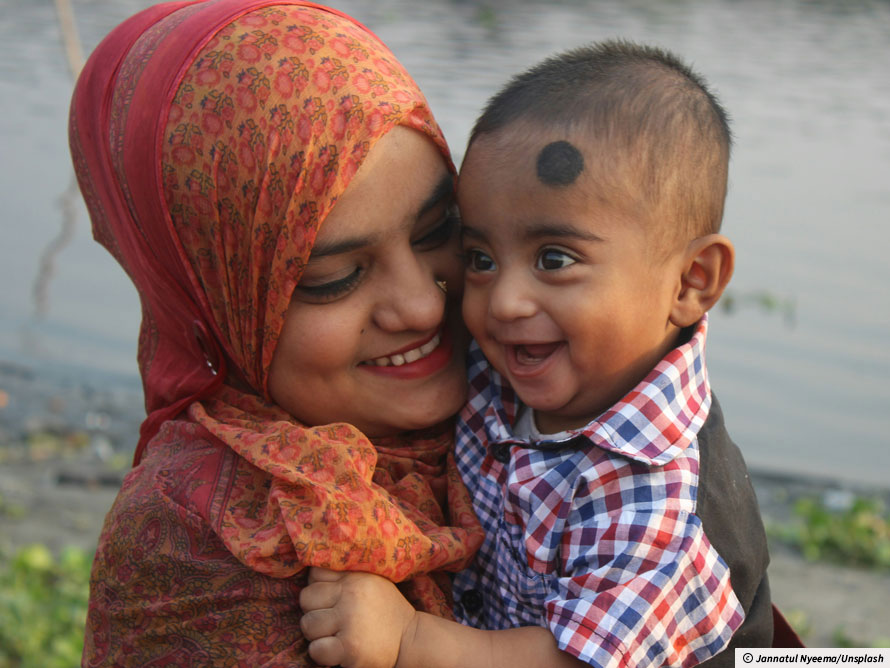Society often favours the boldest, the loudest and the most confident. Aini, 16, from Spain, says it is time to rethink our prejudices.
Every day at lunch, surrounded by chaos, I felt suffocated—like I was being swallowed by the crowd. In moments like that, I often wondered: Am I simply not meant to fit in?
Once, I overheard a girl say to her friend, “You will feel so lonely walking alone.” At that moment, I was walking alone too—just a few steps behind them. I was actually enjoying my quiet time, but her words lingered in my mind. She didn’t notice me. I know she didn’t mean to hurt anyone. However, that moment made me question what marginalisation really looks like. We often define it as bullying or outright exclusion—but sometimes, it’s just being quietly overlooked.
If even walking alone can be labeled as loneliness, what else have we misunderstood about marginalised people?
I’ve noticed that those seen as “different” often dress unconventionally, avoid popular conversations, or enjoy things others don’t understand. They aren’t isolating themselves — they just experience the world differently. The real issue isn’t their difference; it’s our narrow view of what “belonging” should look like. In our school, where diversity is celebrated on the surface, there is still a hidden social code: to be accepted, you must be visible, loud and socially fluent. Quietness is treated like a problem. Choosing to be alone is seen as weakness.
An American national survey taken by over 200,000 students in high-performing middle and high schools in the United States, conducted by the National Association of Secondary School Principals (NASSP), found that in 2018–2019, only 40–56% of high school students felt a true sense of belonging. Meanwhile, 17–29% reported feeling disconnected or marginalised, which shows how many students quietly struggle to relate to their peers or school environment, and how that disconnection can often lead to emotional distress and academic disengagement.
I’ve seen this happen at my own school. One friend of mine rarely speaks in class. When I first came to this school, I hesitated to approach her because the vibe she gave off was… a bit different. But one day during math class, I noticed she was sketching a girl I instantly recognised, surrounded by small hearts. I realised she might have a crush on this girl, so I decided to talk to her.
Despite her messy hair covering much of her face, I saw her cheeks blush when I spoke to her. She wasn’t distant; she was simply quiet. Over time, I learned that she pours her feelings into art, not words. One afternoon, when I felt frustrated by my social ability, I asked her, “Not to offend, but do you ever feel lonely when others seem to leave you out?”
I was struck by her response: “No. I chose to be alone. It’s not that they leave me out; it’s just who I am.” Her words made me reflect: Have I, too, unconsciously defined others by my own ideas of belonging?
The truth is people in the shadows aren’t weak or insignificant. They have their own lights — quiet, but powerful. Whether through art, words, or simply solitude, they express themselves in ways that deserve recognition. Instead of labelling them as “different” or “other,” perhaps when we let go of our prejudice, we can begin to see “belonging” is not as something to achieve, but something to understand— differently, and more deeply.
Interested in submitting your own Student Voices article or video? Find out more here.
Cite
While every effort has been made to follow citation style rules, there may be some discrepancies. Please refer to the appropriate style manual or other sources if you have any questions.













